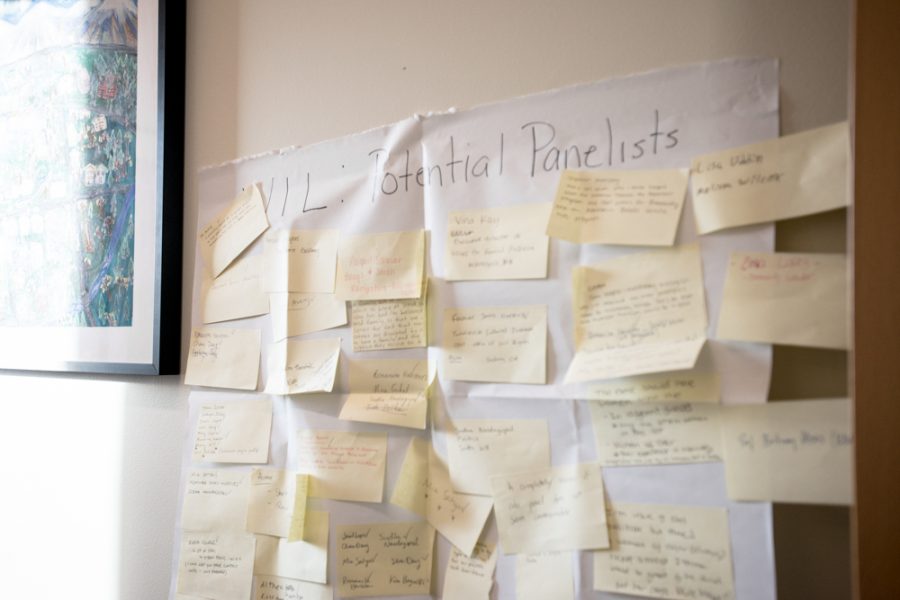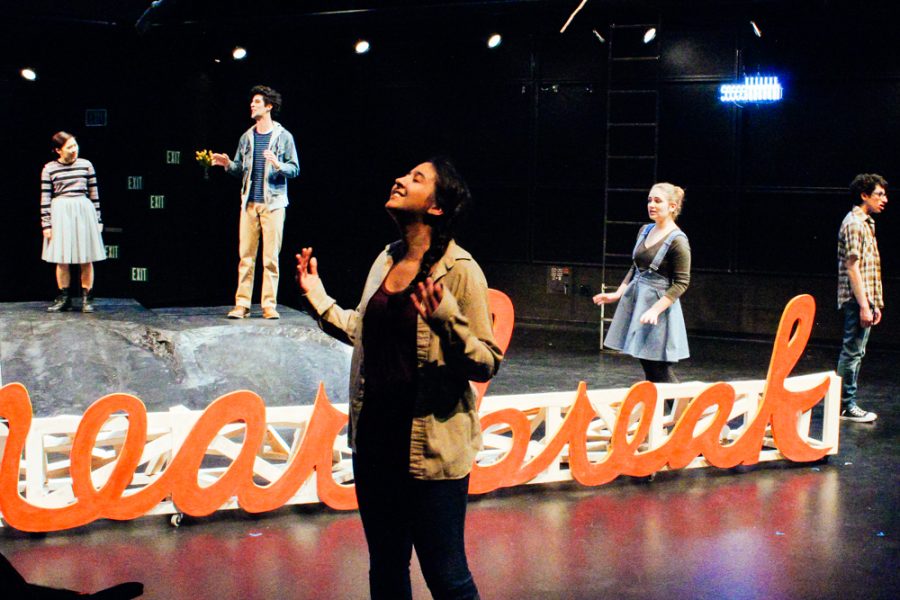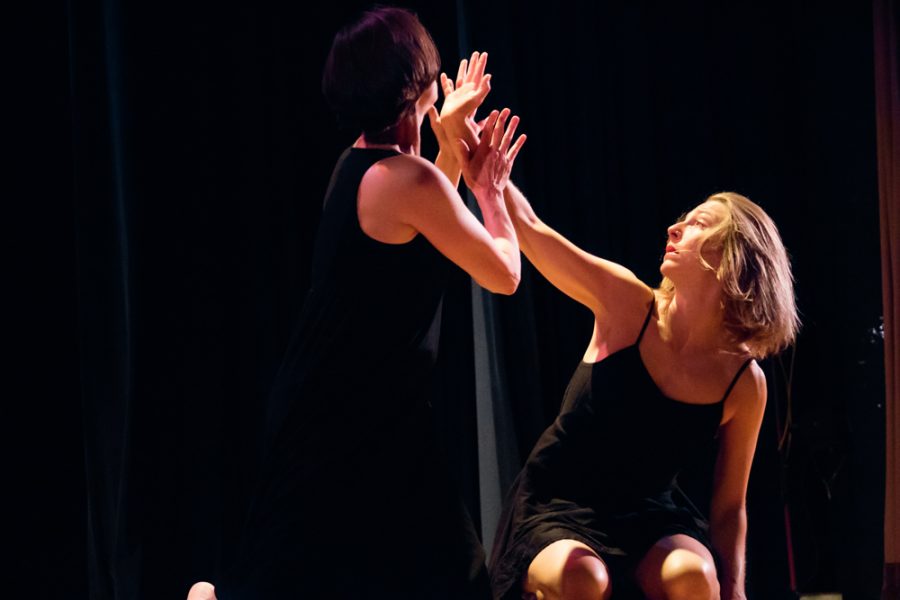“It’s wicked bad out there,” said writer Barry Lopez last Thursday night, Sept. 12, in Maxey Auditorium. “All people are coming into one fate because of climate change and the melting of ice caps. We know that stuff is there, but as students you need to do your work, and when you’re ready you can step into someplace and say, ‘I’m here, I’m ready.’ Make yourself really good so you can help the rest of us that are falling now.”

Acclaimed novelist and nature writer Barry Lopez’s humble and honest outspokenness regarding education and activism impressed the audience that filled Maxey Auditorium.
“I really like that Lopez said that when we’re ready, we can fix [climate changes issues], but now we need to go and live a full life and do what we want to do before getting into problems that are not directly caused by us,” said sophomore Susie Krikava.
Lopez came to Whitman as part of the Visiting Writers Reading Series. Not only has he written for magazines and newspapers such as The New York Times, National Geographic and Harper’s, he has also won such prestigious awards as The National Book Award and the Guggenheim Fellowship. The San Francisco Chronicle heralded him as “the nation’s premier nature writer.” Lopez has traveled to over 70 countries and collaborated with key environmental activists and writers, including Bill McKibben, E.O. Wilson, Barbara Kingsolver and Jon Krakau.
During his two-hour lecture and discussion at Whitman, Lopez shared his poignant reflections on an individual’s duty towards humanity, the environment and (most importantly) themselves.
“I really like his philosophy of life and his discussion of our role as people,” said junior Emma Woodworth.
During his speech, Lopez read three of his essays: “On the Border,” an essay published in The Georgia Review; “The Trail,” a fiction piece written for Bill McKibben’s 350 campaign; and “Six Thousand Lessons,” a short essay published in the Kyoto Journal. His notable contributions to the arts and sciences brought a large crowd of excited professors, students and Walla Walla residents to his talk.
“It seems to me that here in the rural northwest, many of us strive to be highly aware of our connections with the land, and at Whitman there’s a desire to embrace many of the humanitarian and environmental concerns Lopez has explored in brilliant fiction and nonfiction throughout his life,” said English Professor Katrina Roberts, who coordinated the event.

In addressing an individual’s responsibility towards the environment, Lopez stressed the importance of finding one’s own voice. He posed the question “What is the way in which I am going to speak?” and emphasized the importance that each person’s voice plays in changing the world on a macro level. His reflections about his own approach to writing stressed his use of his voice to inspire the thoughts and values of his readers.
“I want to be the reader’s companion more than their authority,” said Lopez. “I want to bring the ordinary back to the extraordinary. I want to ensure that they stay awake in a world like ours, when so many people are really terrified and have checked out.”
While the audience generally appreciated Lopez’s thoughts on environmentalism and human morality, some students also held reservations about his lecture style, considering his involvement with the Visiting Writers Series.
“I wanted to hear more about natural writing and writing about the earth,” said sophomore Catherine Bayer. “I felt like he focused too much on environmental issues and less on his craft.”
With a world of experience and a deep understanding of human relations and communication, Lopez left his audience of aspiring intellectuals with an uplifting message.
“We depend on you not to do something tomorrow, but we depend on you to become something. Do not allow your conscious need any sentiment to think that there’s something wrong with you,” said Lopez. “Take care of each other and be full.”














